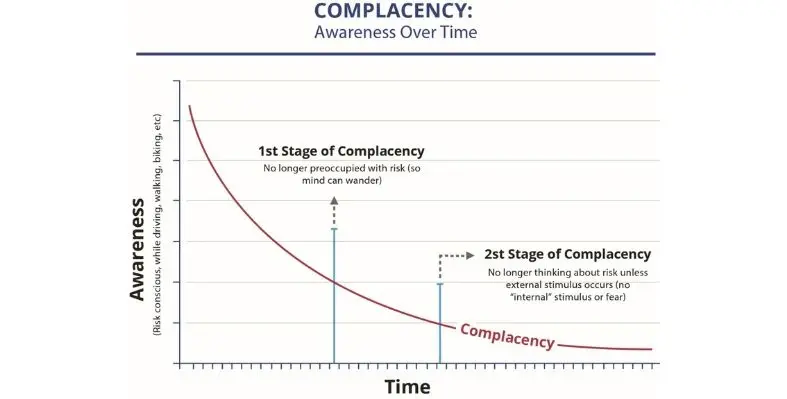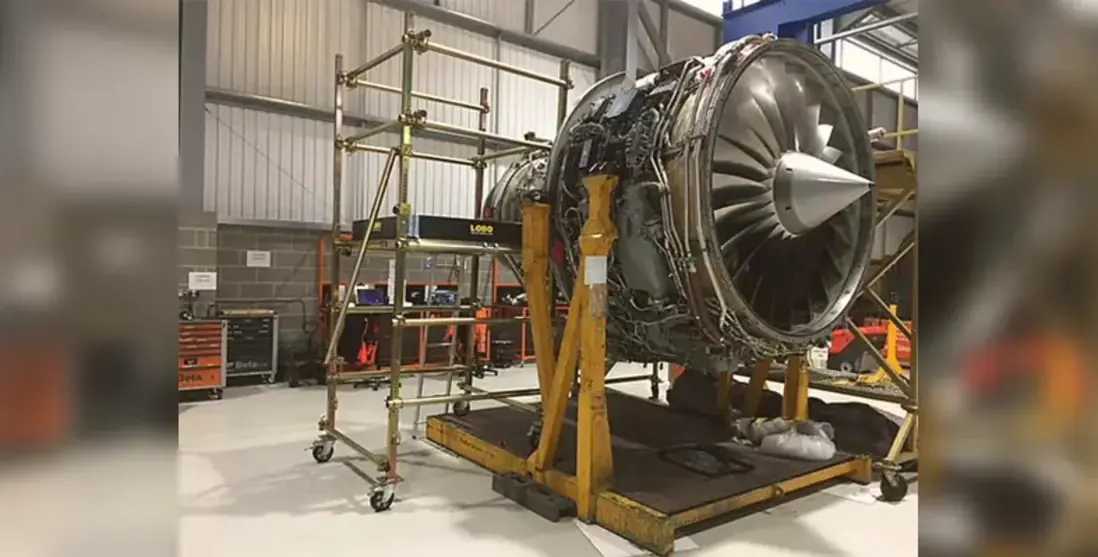Eagle Eye Networks, a specialist in smart cloud video security, shared trends that will have the greatest impact on video surveillance, security, and the use of analytics to drive business intelligence and improvement in 2021
“A number of factors are driving the video surveillance trends in 2021,” said Hans Kahler, vice-president of Operations at Eagle Eye Networks. “Innovation from companies like Eagle Eye Networks and our partners is leading and meeting the demands of customers for their video surveillance systems to provide business insights in addition to security. Combine the promise of AI and cloud video surveillance with the volatility, instability, and remote work environment of 2020 and we have an environment where people are looking for their video surveillance and security systems to deliver more business value than ever before. The acceleration of cloud adoption and use of analytics to provide improved security and drive business improvement will make 2021 a transformative year for the industry.”
Video surveillance and security trends for 2021:
Customers are Asking for Cloud: The shift to the benefits of cloud in the video surveillance space are powerful and undeniable, including major cost savings, heightened data security, remote access and maintenance, flexible storage and retention, scalability, increased stability, and disaster recovery.
Analytics and AI Turn Security Systems into Business Solutions: Video surveillance systems are not just for security anymore, they’re also a valuable tool for business intelligence (BI). While AI has been talked about for several years, its deployment has lagged. This year, we’ll see AI move from the lab to practical adoption.
Compliance Requirements are Constantly Evolving: As video surveillance becomes a more widely adopted tool across industries and continents and more industries are using video for compliance purposes, regulating its use is becoming more prevalent.
IT Departments More Engaged and Owning Video Surveillance: IT leaders have not only gotten involved in the video management system, they’re actually owning it. As part of their IT strategy, corporations are leveraging video for business process improvement while reducing unnecessary operational overhead.
Demand for Open, Integrated Systems: An open and connected ecosystem makes it possible for businesses and developers to integrate any number of applications on a single video management system (VMS) platform. The platform handles all the heavy lifting of interfacing with the cameras, recording video, securely transmitting and storing video to the cloud, and making video available for use in the integrated applications. The days of vendors “locking” users into their cameras or touting “hybrid” systems (which require upgrades to vendor hardware to get new features) will not be accepted.
























